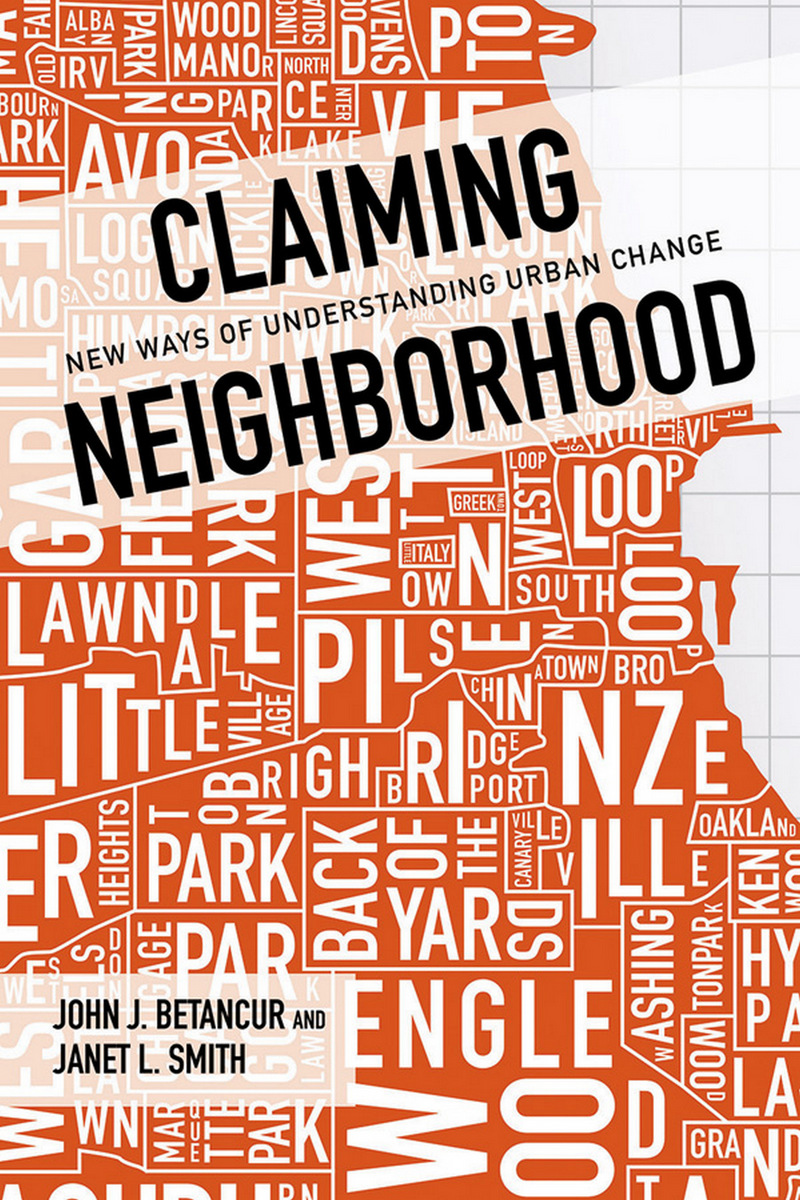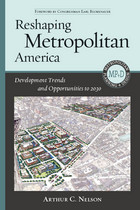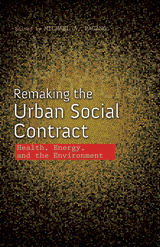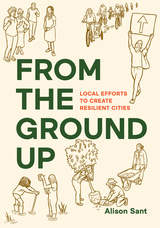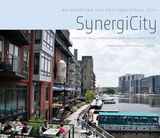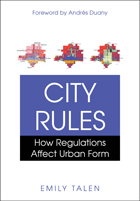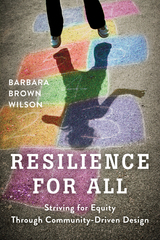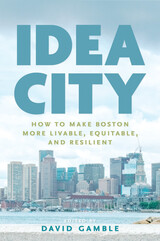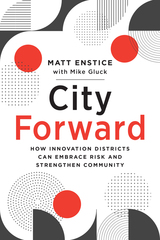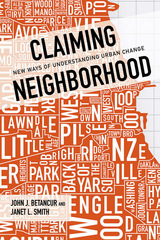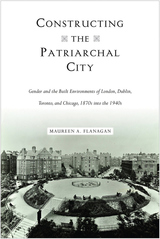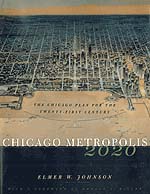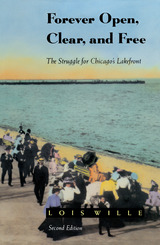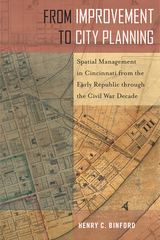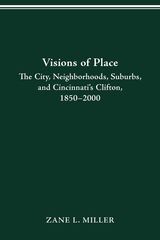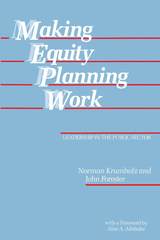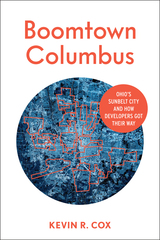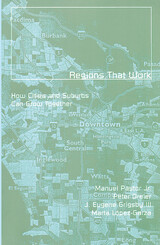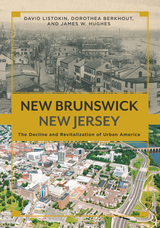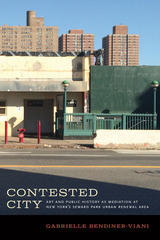Claiming Neighborhood: New Ways of Understanding Urban Change
University of Illinois Press, 2016
Cloth: 978-0-252-04050-4 | Paper: 978-0-252-08197-2 | eISBN: 978-0-252-09894-9 (standard)
Library of Congress Classification HT168.C5B48 2016
Dewey Decimal Classification 307.12160977311
Cloth: 978-0-252-04050-4 | Paper: 978-0-252-08197-2 | eISBN: 978-0-252-09894-9 (standard)
Library of Congress Classification HT168.C5B48 2016
Dewey Decimal Classification 307.12160977311
ABOUT THIS BOOK | AUTHOR BIOGRAPHY | REVIEWS | TOC
ABOUT THIS BOOK
Based on historical case studies in Chicago, John J. Betancur and Janet L. Smith focus both the theoretical and practical explanations for why neighborhoods change today.
As the authors show, a diverse collection of people including urban policy experts, elected officials, investors, resident leaders, institutions, community-based organizations, and many others compete to control how neighborhoods change and are characterized. Betancur and Smith argue that neighborhoods have become sites of consumption and spaces to be consumed. Discourse is used to add and subtract value from them. The romanticized image of "the neighborhood" exaggerates or obscures race and class struggles while celebrating diversity and income mixing. Scholars and policy makers must reexamine what sustains this image and the power effects produced in order to explain and govern urban space more equitably.
As the authors show, a diverse collection of people including urban policy experts, elected officials, investors, resident leaders, institutions, community-based organizations, and many others compete to control how neighborhoods change and are characterized. Betancur and Smith argue that neighborhoods have become sites of consumption and spaces to be consumed. Discourse is used to add and subtract value from them. The romanticized image of "the neighborhood" exaggerates or obscures race and class struggles while celebrating diversity and income mixing. Scholars and policy makers must reexamine what sustains this image and the power effects produced in order to explain and govern urban space more equitably.
See other books on: Cities and towns | Growth | Neighborhood planning | Social Policy | Urban policy
See other titles from University of Illinois Press
